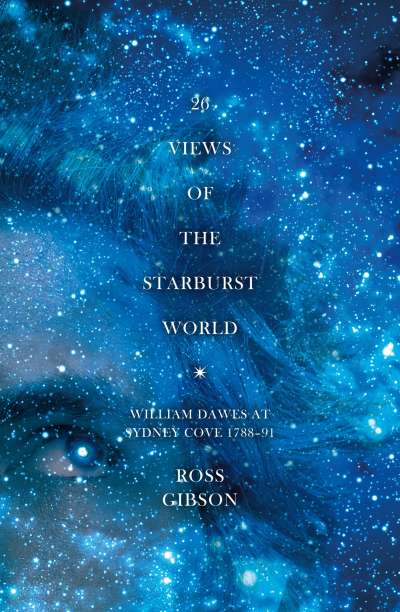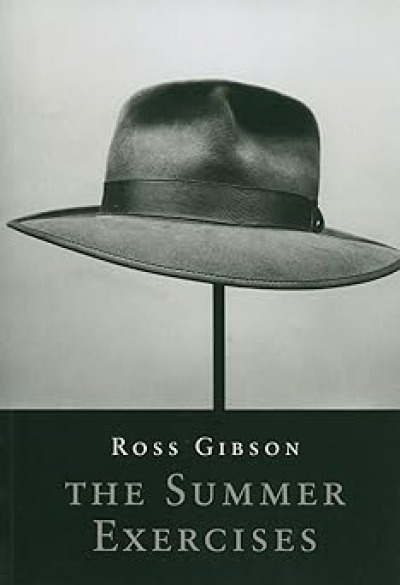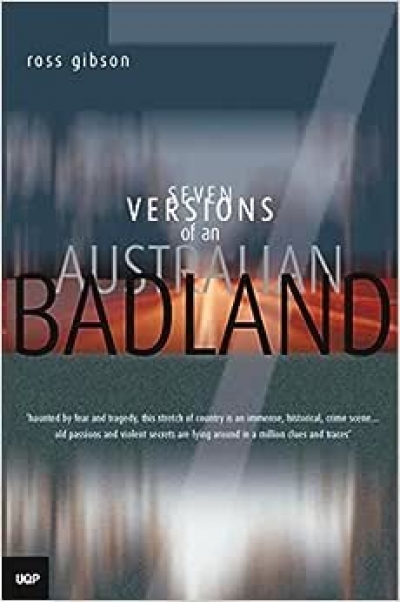Ross Gibson
Peter Kenneally reviews 'Crankhandle' by Alan Loney, 'Stone Grown Cold' by Ross Gibson, 'Aurelia' by John Hawke, and 'Dirty Words' by Natalie Harkin
by Peter Kenneally •
Poetry books as artefacts in their own right, regardless of commercial viability or relevance to the click-bait Zeitgeist, are currently showing sturdy signs of life, so it is a welcome development to have the online Cordite Review sensibility fixed in print, in a palpable way and on a gras ...
26 Views of the Starburst World: William Dawes at Sydney Cove 1788–91 by Ross Gibson
by Andy Lloyd James •
Seven Versions of An Australian Badland by Ross Gibson & Looking For Blackfellas’ Point by Mark McKenna
by Lyndall Ryan •



